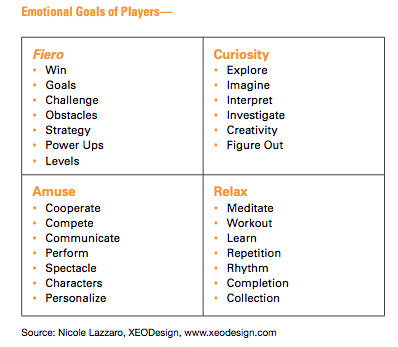The inflation/deflation debate is raging. On one end, inflationists who are arguing that the increase in base money supply will inevitably transform itself in lost purchasing power of existing money via higher prices on the street. On the other end, deflationists who argue that in a credit based system, money is created through loans out of thin air (savings are created out of loans, not the reverse), which means that if the system has reached peak credit – no one can take on more debt – the only way out is through debt cancellation. If you are interested about this debate, I recommend the following excellent pointers: recorded debate, as well as this article and video.
In a recent twit, I said:
Continuing debt reduction implies conventional money will buy less of what we really want and more of what we don’t need.
I agree this is a bit cryptic, so I wanted to explain myself.
By debt reduction, I mean people either paying their debt down or walking away from their debt or having their debt being official forgotten. To understand what I mean you must understand that money is fundamentally about power: power to get people who want money to do whatever those with money want. Many people have this power and many others want what these people have. But not everyone can have power over everyone else. Certainly, it is not very motivating to realize that you will never ever get any of that power, while others get it by playing in the market casinos. So attitudes are changing and people will carry less and less debt. This is why I say: as debt is repaid or written off or not paid at all, there is less money in the system, hence less power to get others to do whatever we want. To get others to do something for us, in particular to care about us, money will be increasingly not enough, instead we will have to prove to them that we have done something of value to someone or something that they care about. This is why I say: “money will buy less of what we really want”. What we want is to be acknowledged, to belong, to be cared for, to be loved. All kinds of things money will buy less and less if deflation continues, and to me, this is a good thing.
On the other hand, because we live in such a productive economy, we have a potential for more abundance of what everybody needs for everyone. I am convinced we can thrive, feed everyone, lodge everyone, entertain everyone, etc. In other words, all these things we don’t need in excess (but are produced in excess and maintained in artificial scarcity). This is what I mean when I say that money will buy more of what we don’t need.
What will motivate people to do their best? because they will do what they love to do most and because they will know how well they do by getting acknowledged by those they care about for it on their social network or the whole Web.
So to conclude, I’m not too preoccupied with the concerns of the investment community whose is fundamentally scrambling to determine how to preserve the power of the wealthy. Having some savings myself, I was concerned like everyone else but my intuition tells me that there is not much one can do: anyone with anything that resembles idle money will lose some power in this deflationary process, and from that standpoint I agree with inflationists who worry about lost purchasing power. Equities, cash, gold, bonds, etc. will matter less and less until a balance between the market economy and the gift, reputation-based economy is found. The Web is deflationary and there is nothing we can do against its force. Aside from a diversified portfolio of assets, what one with assets really have to do is to put these to work while they have value to others to help change the system for the better, doing what they do best for the people and the things they truly care about.

